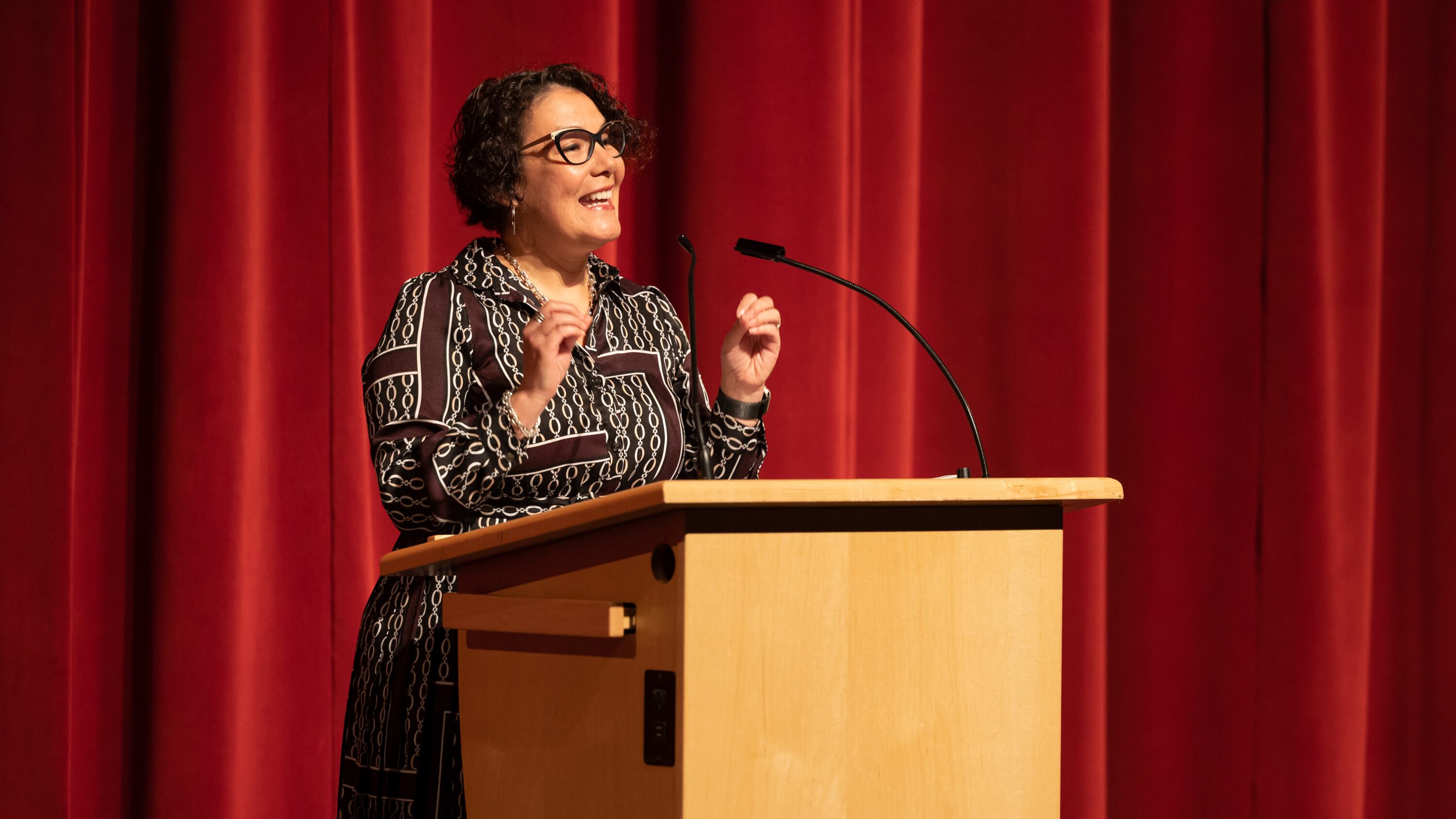A volunteer committee intended to advise Multnomah County officials on the budget of the Sheriff’s Office has dwindled to one member—and the county hasn’t yet begun to build it back up.
The county is supposed to have ten such committees—called Community Budget Advisory Committees—that meet regularly beginning in the fall to provide feedback on the budgets of county departments in the spring. An eleventh committee is composed of one appointee from each and provides feedback on the entire $3.3 billion county budget.
But the Sheriff’s Office CBAC is down to one member: a retired Oregon Health and Science University program director named Patrick Pangburn, who for months has received no word back from county officials about when new members will be added.
Pangburn sent an email to county chair Jessica Vega Pederson and the four county commissioners on Aug. 15, asking for help. He tells WW he never heard back. “The statutory ‘voice of the people’ has been erased from the Multnomah County Budget process,” Pangburn says.
CBACs are etched into the county charter, meaning they’re required of the county. But it’s not the first time this year that one of the county’s committees has cried foul.
Earlier this year, WW reported on how the Central Budget Advisory Committee, comprised of one member from each of the 10 departmental CBACs, was put on pause by former county chair Deborah Kafoury for fiscal year 2022-23. “The county paused that subset committee after the previous Central CBAC members raised questions last budget cycle about how they could work more effectively,” county spokeswoman Julie Sullivan-Springhetti said at the time. “The process has been slowed by staff vacancies in the Office of Community Involvement.” (That office is responsible for filling member positions and facilitating the CBACs.)
Chair Vega Pederson said at the time she intended to have the Central CBAC seated for the 2023-2024 budget cycle. In a June 13 letter to all CBAC members, Vega Pederson wrote that she took their concerns seriously. “Over the summer I will be working with the Office of Community Involvement and Department staff leads to make updates to our CBAC process for a better future experience,” Vega Pederson wrote.
But Daniel DeMelo, chair of the Central CBAC, says the committee still lacks a full roster and has experienced “procedural irregularities that are symptomatic of broader governance issues within the county’s public involvement process.” (DeMelo is running for Portland City Council next year.)
Moreover, three of the ten CBACs in their annual spring reports to county officials expressed extreme displeasure with the county’s support—or lack thereof—in supporting and filling the committees.
“The Central Community Budget Advisory Committee faced significant challenges this year which hindered the committee’s ability to fulfill its mandate effectively,” wrote the Central CBAC in an April 27 letter to county leaders. “It is crucial for the county to ensure proper support is provided to the Central CBAC in the future, to facilitate a more efficient and collaborative budget advisory process.”
The Joint Office of Homeless Services’ CBAC wrote in its annual report that it faced “significant hurdles, such as delays in obtaining crucial information from the Joint Office, lack of assistance from the county, difficulties in engaging with other advisory committees, and obstacles in adhering to Oregon open public meeting law and county code requirements.” (County auditor Jennifer McQuirk this summer shared similar frustrations about obtaining data from the Joint Office; she had to split her audit of that office into two parts, the second of which she hopes to delivery later this year, because of difficulties in obtaining information.)
The Sheriff’s Office CBAC wrote that “half of our committee feels like our CBAC is an insignificant puppet within a barely-functioning system.” They added: “With the lack of clear support from the Office of Community Involvement for recruiting new members of CBAC, and attrition of some current members, our committee fell to 4 active members. We are very concerned that there has been inadequate capacity to recruit new team members, especially who represent more diverse communities.”
(Specifically, Pangburn says, his committee had asked the office to bring in a member that had previously been incarcerated. He says it was a shared sentiment amongst him and other members that the committee was far too white and elderly to be representative of the community.)
The CBAC to the Department of Community Justice wrote something similar.
“We note with disappointment that CBAC members did not enjoy access to the Director’s budget proposal until the day that proposal became public and that CBAC members were not consulted on proposed budget offers,” its members wrote in a May 4 letter. “This is simply not enough time for a volunteer committee to meaningfully evaluate a budget proposal... we again urge the department to consider ways to be more transparent with their budget proposals earlier in the process.”
The county’s website say it’s not currently accepting applications for CBAC members.
County spokeswoman Jessica Morkert-Shibley says the Office of Community Involvement is working with Sheriff’s Office staff “to coordinate an equitable recruitment process to reach communities who have been impacted by the MCSO services” and will “fill those vacancies before the start of the CBAC process”, which she says begins in November.
“Multnomah County values the voice of all community members and is open to listening to any concerns the community has,” Morkert-Shibley says. “As we look at best practices for managing community involvement across all County advisory bodies we understand we always have room to grow and look forward to an improved process that we co-create with the community.”

